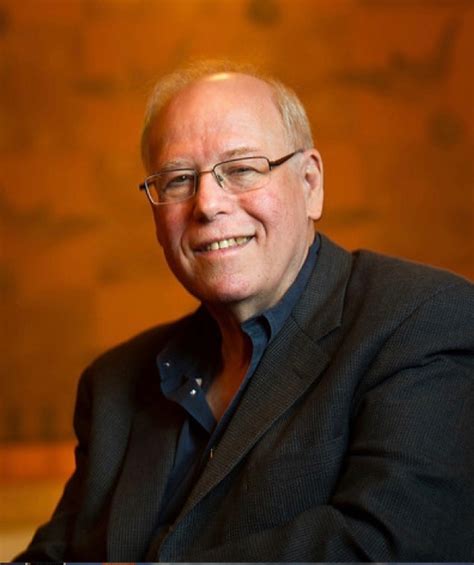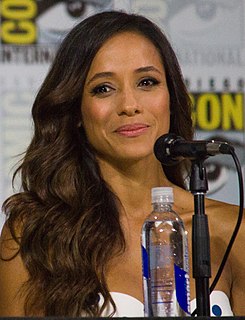A Quote by Gus Van Sant
Usually, when I read something, I'm looking for the story first. And then, when I re-read it, I check every part of it to see whether every scene is necessary. You imagine yourself watching the movie, to see whether or not you're losing the through-line of the story.
Related Quotes
The story man must see clearly in his own mind how every piece of business will be put over. He should feel every expression, every reaction. He get far enough from his story to take a second look at it... to see whether there is any dead phase... to see whether the personalities are going to be interesting and appealing to the audience. He should also try to see that the things that his characters are doing are of an interesting nature.
When I wrote my first film and then directed it and I looked at it for the first time on what's called an assembly, you look at this movie which is every scene you wrote, every line of dialogue you wrote and you want to kill yourself the minute you see it. It's like, 'How did I write something so horrible?'
If you can imagine the story of the world as a giant movie, to not have some understanding of the Bible - its story, its history, and its impact - would be like watching a great movie and removing part of the plot. It can't be done. The real truth is that everyone regardless of faith tradition benefits from knowing and understanding these aspects of the Bible. It enhances one's knowledge of literature, science, art etc. It's difficult to read any classic work of literature for instance and not see biblical allusions.
Whether it's one scene or 15 scenes in a film, whether it's the lead or a cameo part, if I don't find it interesting, I tend not to do it. You never really know what it is. It could be a one-scene part. I remember I read the one scene in Crash and was asked to do it. I was like, "Absolutely!" There's no formula for how something has to be. I always try to keep it that way.
It matters whether you see yourself as someone who is capable of effecting change or whether you see yourself as someone whose voice does not count. It matters whether you treat yourself with reverence or with carelessness. Every bit of work you do on yourself matters. Every time you choose love, it matters.
The best time to tell your story is when you have to tell your story. When it's not really a choice. But then, when you get that first, messy, complicated version down, you have to read it over and be very tough on yourself and ask, 'Well what's the story here?' If you're lucky enough to have someone you trust looking over your shoulder, he or she can help you if [you] lack perspective on your own story.




































